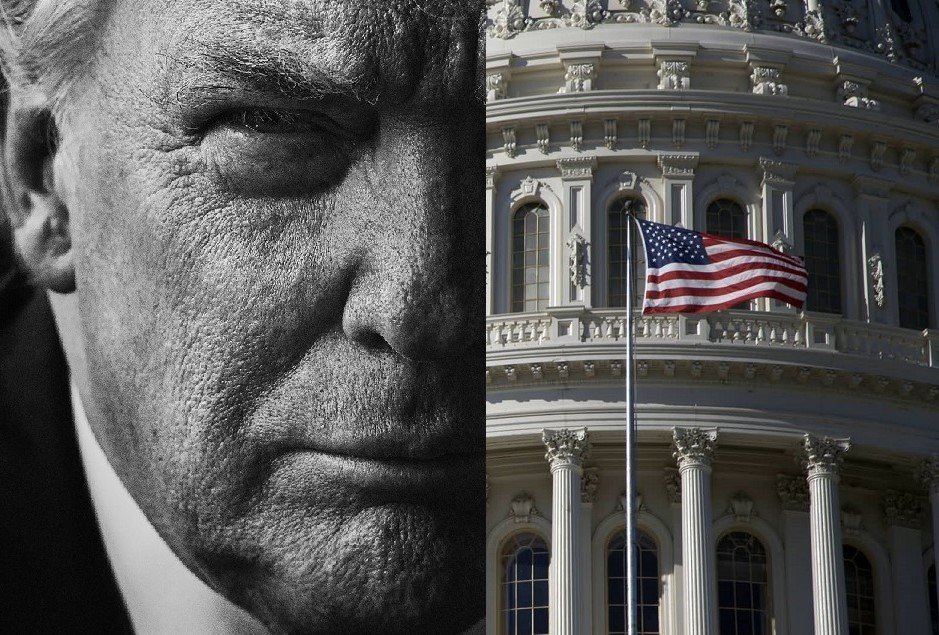Democrats on the House Judiciary Committee will take their first vote this week related to the potential impeachment of President Trump.
The vote will on a “resolution for investigative procedures” governing what Chair Jerry Nadler (D-NY) now calls an “investigation to determine whether to recommend articles of impeachment.”
The resolution itself is dry and relatively simple.
It sets up procedures for the questioning of witnesses by committee staff, it says Judiciary subcommittees can be involved in the process, and it says Trump’s lawyers are allowed to respond in writing.
If it’s approved, as expected, it will signal at least somewhat of an escalation of the committee’s long-existing probe into alleged obstruction of justice and corruption by Trump.
And it’s significant in part because, until now, the committee has conspicuously avoided taking any such vote that could be construed as beginning an impeachment inquiry.
Per the New York Times’ Nicholas Fandos, the Judiciary Committee plans to spend the rest of the year on a “broadened” impeachment probe, holding hearings and waging court battles related to both the Mueller investigation’s findings and other corruption-related topics.
Nadler said in August that he hopes the committee will decide whether or not to approve articles of impeachment by the end of the year.
But whether all this will actually lead to Trump’s impeachment remains far from clear.
Party leaders like Speaker Nancy Pelosi continue to be skeptical about the political wisdom of an impeachment push, because the Republican-controlled Senate is all-but-sure to keep Trump in office.
So one possibility is that the Judiciary Committee’s probe will continue to be a sort of sideshow — that it will never really dominate the political agenda, or lead to an impeachment vote on the House floor.
Another possibility, though, is that pressure from the party’s base will continue to increase, leading Democrats to both vote impeachment out of the committee, and Pelosi to finally agree to hold a vote on Trump’s impeachment on the House floor.
For months, pro-impeachment members of the Judiciary Committee demanded the opening of an impeachment inquiry, and Nadler reportedly pushed Pelosi to let him do it behind the scenes (while remaining noncommittal in public).
And media organizations counted the increasing number of Democrats saying they supported an inquiry.
But in late July, the pro-impeachment House faction shifted its rhetorical strategy.
They began arguing that, actually, they don’t even need to open a formal impeachment inquiry.
They (accurately) pointed out that there’s no rule requiring such a thing: The current Judiciary Committee doesn’t need extra subpoena power and they can technically write and vote on articles of impeachment whenever they want.
The real question that divides Democrats, though, is not whether the Judiciary Committee should investigate Trump, but whether House Democrats should put Trump’s impeachment at the top of their political agenda and plunge ahead to actually do it.
